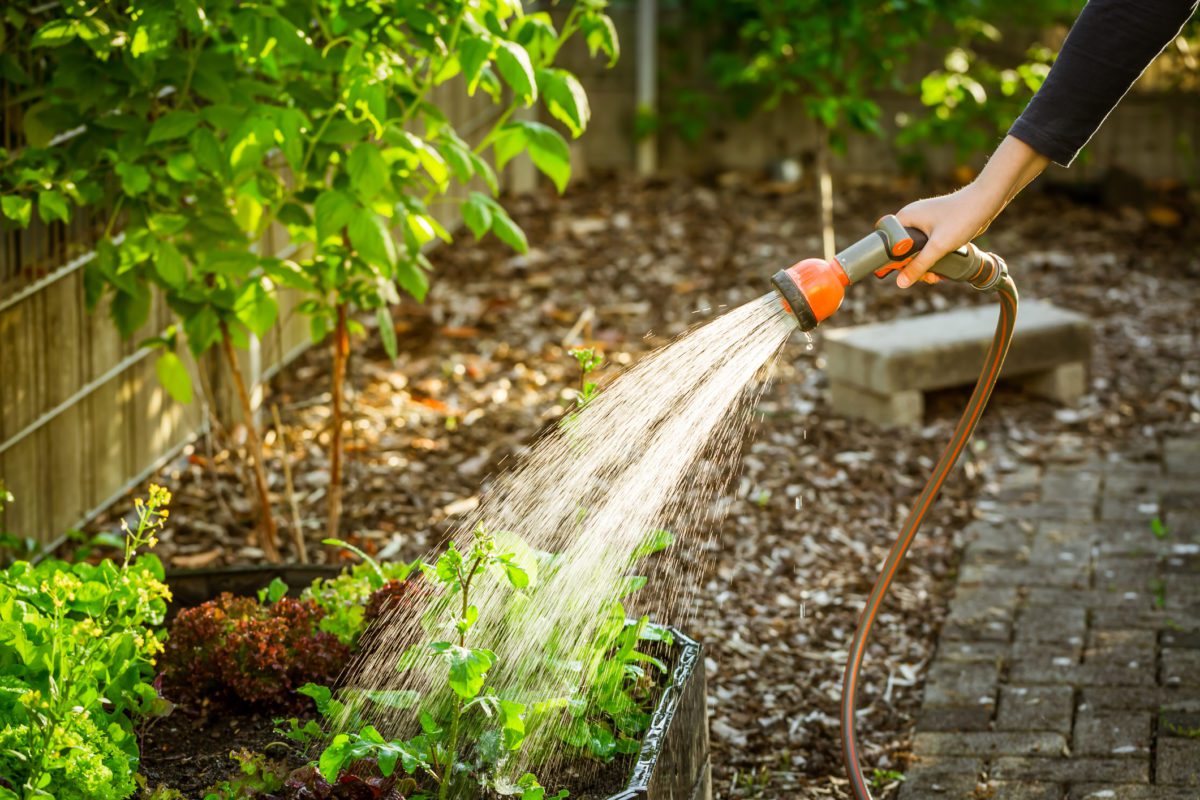Human Health Evaluation of Groundwater for Non-potable Purposes
By Alexandra Meyers, MPH, BCES, Consultant

OUR CHALLENGE
Groundwater concentrations of 1,4-dioxane at a former manufacturing facility upgradient and adjacent to a residential property were greater than the drinking water standard. Though the source of drinking water for this residential property was a deep, unimpacted aquifer, water from the shallow impacted aquifer could be used by the residents for non-potable purposes. We were retained to determine potential risks from non-potable uses, such as watering lawns. Integral accomplished this by developing an alternative health-protective limit..
OUR APPROACH
Integral evaluated potential exposures under a range of plausible, non-potable, residential, well water uses and determined that ingestion of homegrown produce irrigated with well water posed the greatest potential risk. We then calculated a protective concentration for 1,4-dioxane in well water for this hypothetical exposure using U.S. Environmental Protection Agency methods. We compared the risk-based screening level to concentrations measured in the impacted groundwater. The analysis demonstrated that the groundwater at the facility and adjacent residential properties is safe for all non‑potable uses.
OUR IMPACT
We presented the methods, results, and conclusions of the evaluation to state regulators. The regulators agreed with our conclusion that the impacted groundwater could be used for purposes other than drinking water. Our development and use of a site-specific, risk-based approach means that future monitoring and potential cleanup requirements could be based on concentrations of 1,4‑dioxane in water reflective of non-potable uses.

